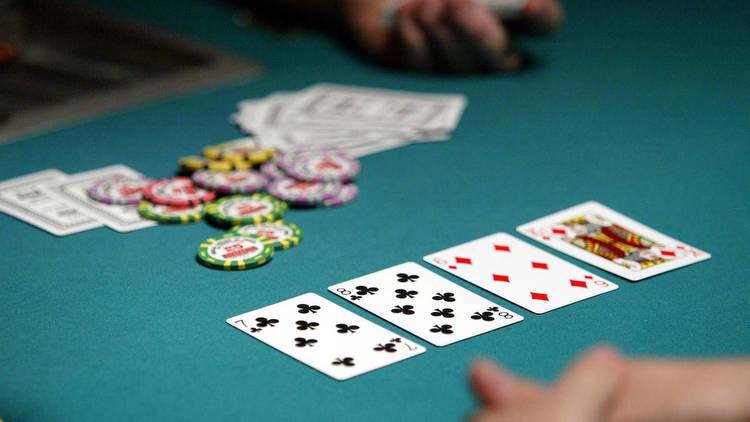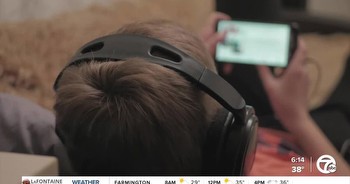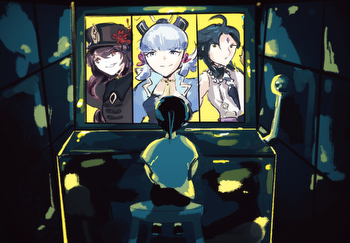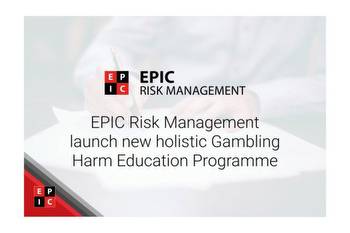Mass. officials offer tips to parents on what to know about youth gambling problem

BOSTON — Massachusetts officials say to think twice before gifting a lottery ticket to a child or teen this year because like alcohol and substances, gambling can impact brain development.
“When young teens experiment with alcohol, substances and vaping, they put themselves at a higher risk for addiction later in life,” according to the Mass. Department of Public Health. “Gambling is another, less-recognized risk that impacts teens’ brain development—maybe more than you think.”
According to DPH here are some facts on teen gambling:
- Gambling is illegal for young people under 18.
- Gambling disorders can begin in children as young as 10 years old
- Problem gambling impacts about 4-8% of youths, compared to just 1% of adults
- By the time they get to high school, 60-80% of students reported that they gambled at least once in the past 12 months
- Teens who gamble are more likely to use illegal drugs
- Among all addictions, gambling is linked to the highest suicide rate
Where Does It Begin?
As legal gambling becomes more common in our society, young people are getting exposed to gambling at an earlier age. And not only in traditional forms (casinos, lotteries, sports betting) but in new, less obvious forms like gaming, loot boxes and fantasy sports. It can start innocently enough, with simple activities such as:
- Watching or joining in adult poker games or sports betting
- “Scratching off” a lottery ticket purchased by a parent or other adult
- Playing a PC, console, or mobile game online that has loot boxes, paid currency such as gems and coins, and even casino activities like roulettes and slot machines. 90 percent of teens say they play video games online
That’s why it’s vital that parents and other adult caregivers know that gambling is not only illegal for teens, but it can also be harmful and addictive to their developing brains. Research shows that children introduced to “harmless betting” by age 12 are four times more likely to engage in problem gambling later. A teen’s brain, with an underdeveloped logic center, isn’t wired yet to weigh risk and make healthy choices. So that “win” on an online game today can lead to the negative side effects of real-life gambling tomorrow.
Practice Prevention:
- Consider your own participation in lotteries or in-person gambling such as poker games
- Establish clear rules concerning your child’s screen time and exposure to games involving betting
- Ask your child for more information the next time they want to use your credit to make a purchase
Spot the Warning Signs:
If you understand the youth gambling warning signs, you can watch for it—and prevent it from becoming a problem down the line. These warning signs include:
- Changes in attitude around school, missed classes, incomplete assignments, lower grades and less interest in activities
- Behavior changes like more aggression, defensiveness or signs of anxiety/depression
- Noticeable interest in competition, winning or “being right”
- Missing household cash or new “stashes” of money your child may keep
- Increased time spent online, especially in secret
Find more tips and conversation starters in the Mass.gov toolkit:
This is a developing story. Check back for updates as more information becomes available.




































